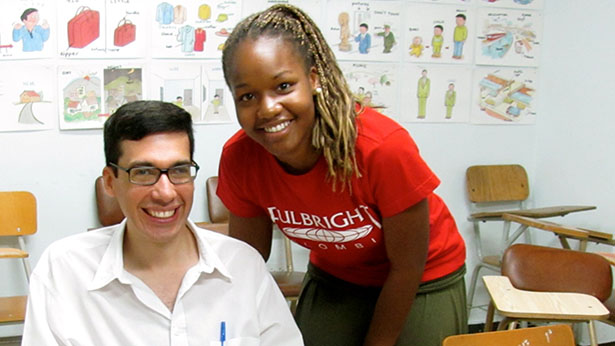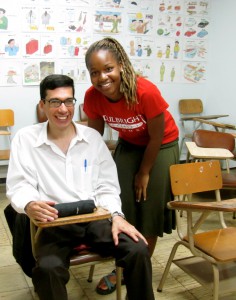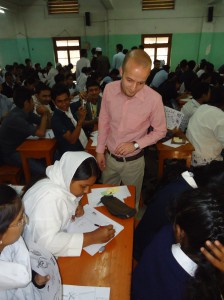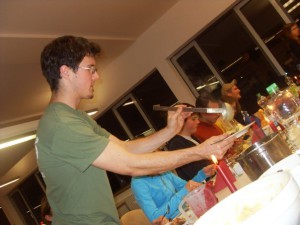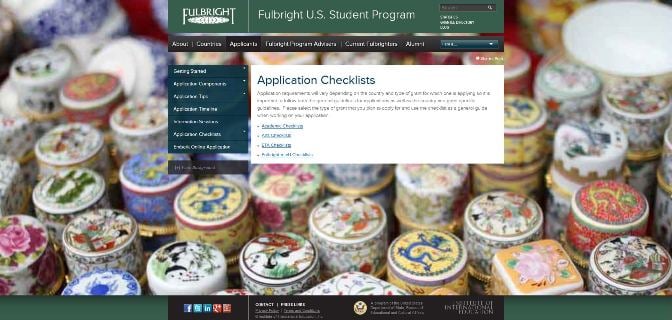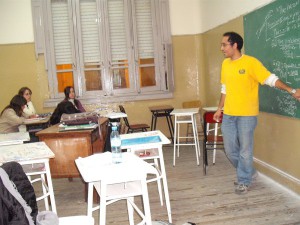
Jonathan Remple, 2010-2011, Fulbright English Teaching Assistant to Rwanda, at the base of the Virunga Volcano Range in Musanze, Rwanda
Before college, I never would have imagined that I would someday become a Fulbright English Teaching Assistant. I knew the highly competitive nature of the Fulbright Program, and was initially intimidated, but its central focus on cultural exchange meshed well with my aspirations and compelled me to apply. Once in college, I reached out to my on-campus Fulbright Program Adviser, who was extremely encouraging and helpful in guiding me successfully through the process. After a fantastic year of learning in Rwanda, I’m grateful I did so.
My Fulbright experience was particularly unique because the U.S. Department of State partnered with Peace Corps, allowing me to train for six weeks alongside Peace Corps Volunteers in rigorous language instruction, cultural immersion courses, and teaching methods. From the onset of the program, my goal was to live as close to the earth and the community as possible, focusing my efforts on cultural awareness and exchange. For me, nothing meant more than embracing Rwanda’s native tongue, Kinyarwanda.

